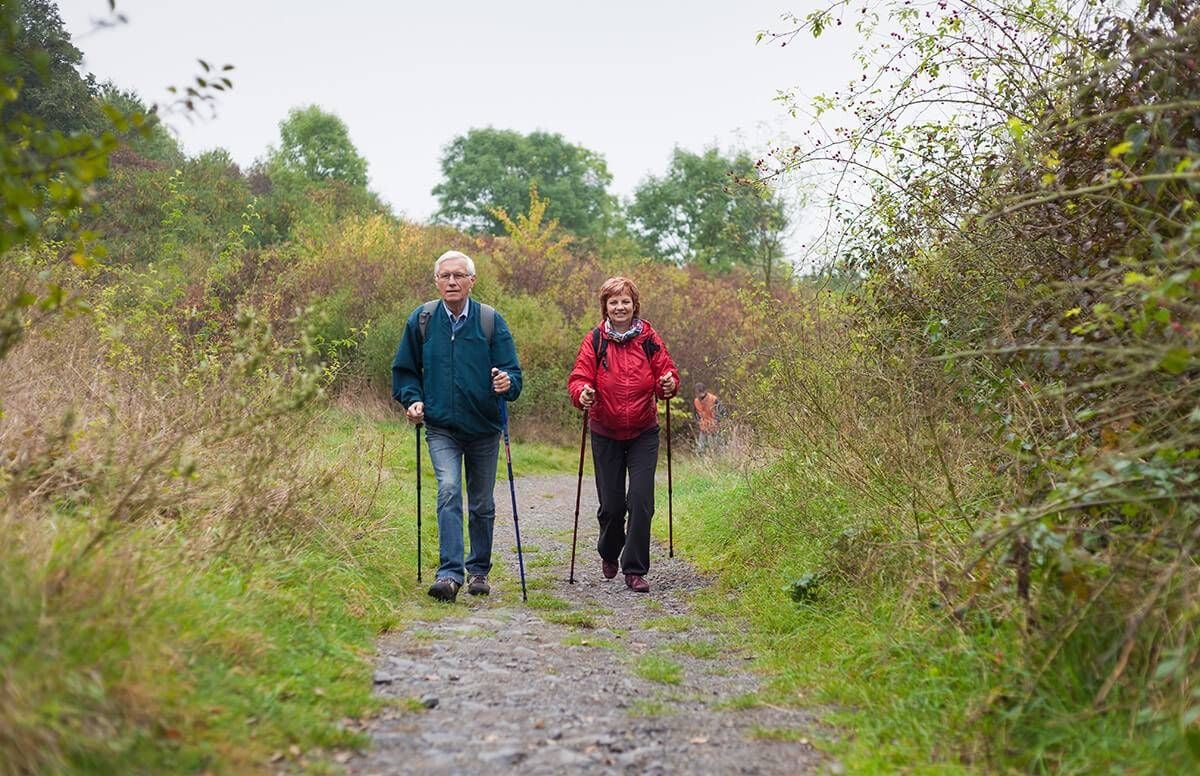7 Ways to Step Up Your Self-Care as You Age
Try these things for a healthier mind and body — and to just feel good
How do you cope with aging?

I’ve been thinking about that question since first exploring it two years ago on Next Avenue. This time, I was prompted to add to my list after a rather unusual conversation with my doctor.
Below are seven of my self-care “do’s.” What are yours?
1. Get off the medical merry-go-round. “I am not accepting any additional medical conditions at this time.” That’s what I told my doctor earlier this month when she proposed a couple of tests to “rule out possibilities” of other medical conditions related to my growing older.
Saying “No” to the doctor is a powerful way to step off the medical merry-go-round when you’re sick of the ride, sick of the appointments, sick of the tests and all the follow-up conversations — and sick of thinking of yourself as a patient instead of as a whole person.
Of course, I would have agreed to the tests if I thought I was putting my health in danger. But after I rebelled, even the doctor agreed that “waiting and seeing” would do no harm.
2. Protect your body. Many Next Avenue readers are Too Old to Fall, and well aware of the damage that can be done if you move too quickly, overlook uneven pavement or miss a step where you didn’t expect one. Now is the time to use railings! Where there aren't railings, use the wall, the branches of a shrub, the hood of a car or whatever will get you safely from point A to B. Leery of leaning on a cane? A trekking pole can provide extra stability.
Due to an antibiotic that never should have been prescribed for me, I have a troubled Achilles tendon. Every day, I have to remember to protect it from further injury. (No more hopping over flower boxes.)
I do all the exercises that strengthen the tendon, and I sometimes play cheerleader. “The Achilles tendon,” I tell mine, “is the longest and the strongest tendon in the body. You will get better.”
3. Save your sanity. In July, reporter Emily Yahr wrote in The Washington Post about a woman who was pondering how to better balance the joys in our personal lives with the current political climate. (As Next Avenue has noted, some mental health professionals use the terms "election stress disorder" and "headline stress disorder.") “Deep down, it’s easy to feel as though you’re doing something wrong for not focusing enough attention on serious issues,” Yahr said in her article.
Leslie Davenport, a psychotherapist in the San Francisco Bay Area, is all for staying educated and informed. But, she adds, “The dramatic and distressing aspects of the news — whatever one's affiliations — have many people obsessing, going far beyond what is useful or healthy.”
Turn away from the news from time to time, she says. Hey, the circus will continue without you while you go for a walk.
4. Use it or lose it. Make time to do those physical therapy exercises that help with osteoarthritis and other painful structural conditions, no matter how boring they seem. Restorative yoga poses, done on the living room floor every day, will provide gentle stretches that enhance flexibility, which makes it easier to get back up off the floor.
Also, it’s important to educate yourself beyond any brochures provided by your therapist or doctor. You may want to read Crooked: Outwitting the Back Pain Industry and Getting on the Road to Recovery by Cathryn Jakobson Ramin, a science journalist with her own back pain. Spoiler alert: What finally worked for her was a multidisciplinary therapy program. Inspired by her experience, I’ve enrolled in a pain management clinic.
5. Pay what you need to for treatment. Eye drops applied every hour I’m awake and two ointments used four times a day and again at night make for big bills at the pharmacy. Because they are over-the-counter, insurance doesn't pay for them. But 60 days of this regimen has helped calm a corneal disease. Oh, I’ve asked for samples and I’ve sought out coupons, but I also have concluded that the hope for restored vision makes the expense all worth it.
At 69, I need other lotions, potions, creams, unguents, oils and balms to moisturize crepey skin, soften thinning lips and hydrate brittle nails. I’m not picky; I tend to buy whatever is on sale. Plus, one circle of friends willingly shares recommendations for inexpensive skin care products. Sometimes, on holidays, we even give each other tubes of favorite hand creams as gifts.
6. Pamper your feet. Don’t forget the foot lotion, says Dr. Randal Aaranson, a podiatrist and medical school professor in St. Louis. He notes that using moisturizer on your feet every day will help you avoid cracked heels, bacterial infections and even athlete’s foot.
If this advice comes a little late for you, Aaranson cautions against what podiatrists call “bathroom surgery with filthy tools.” See a doctor instead.
If your feet hurt, that’s another reason to visit a podiatrist. “Feet are not supposed to hurt,” Aaranson says. “Ever.” Plus, when you adjust your gait to protect sore feet, you can throw your hips and spine out of alignment. Remember: Everything is connected.
7. Figure out what’s good for your cells. In a group therapy session for cancer patients some years ago, I listened as a commodity broker spoke of his meltdown at the office. In the middle of a particularly stressful call, he said, the man realized his professional situation likely was hurting his healing.
“I suddenly understood that my job and the tension I carried all the time was not good for my cells,” he said. He ended that phone call and proceeded to quit his job, effective immediately. That story affects me deeply to this day, and I often make decisions based on what’s good for my cells.
That’s why I spoke up at the doctor’s office when she recommended additional tests. I’m already managing a couple of health conditions, and I don’t have any interest in taking on more. At this point in my life, no matter what hurts or isn’t working quite right, it’s important to make time for joy.


